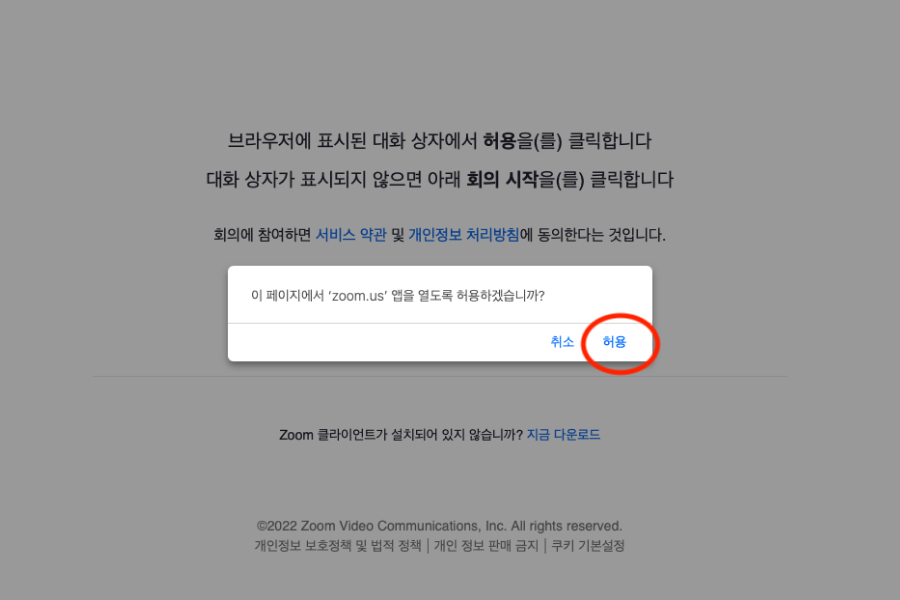Nowadays, hemodialysis is one of the popular medical devices which can be easily applied to ESRD patients with an enough financial support of national insurance in developed countries. Recent dilemma for hemodialysis is not who will be the most appropriate patient for applying hemodialysis when he/she diagnosed ESRD and needed dialysis, but who will be the most proper candidate for withholding/withdrawing hemodialysis at the end of life. However, the conversation about dialysis withdrawal can be emotionally burden for all involved.
The most common cause of death of dialysis patients is cardiovascular disease, and the second leading cause is due to withdraw the dialysis.
The criteria of withdrawal of hemodialysis are not standardized.
Based on the Well-dying Act, hemodialysis is one of the life-sustaining treatments that a dying patient can decide to refuse at the end of life. If a patient do not want hemodialysis, he/she should express opinion through advance directive when they get into end of life.
Unfortunately, the decision to withhold or withdraw hemodialysis is not usually made by the patients due to the lack of decision-making capacity at the time near death.
Moreover, most dialysis patients have not discussed with their family, surrogate or health care professionals about their end of life care, so they do not prepare an advance care planning.
Ethical concern for withholding/withdrawal hemodialysis (or also known kidney dialysis)
Nowadays, hemodialysis is one of the popular medical devices which can be easily applied to ESRD patients with an enough financial support of national insurance in developed countries. Recent dilemma for hemodialysis is not who will be the most appropriate patient for applying hemodialysis when he/she diagnosed ESRD and needed dialysis, but who will be the most proper candidate for withholding/withdrawing hemodialysis at the end of life. However, the conversation about dialysis withdrawal can be emotionally burden for all involved.
The most common cause of death of dialysis patients is cardiovascular disease, and the second leading cause is due to withdrawal from the dialysis. The criteria of withdrawal of hemodialysis are not standardized. Based on the Well-dying Act, hemodialysis is one of the life-sustaining treatments that a dying patient can decide to refuse at the end of life. If a patient does not want to undergo hemodialysis, he/she should express opinion through advance directive when they get into end of life.
Unfortunately, the decision to withhold or withdraw hemodialysis is not usually made by the patients due to the lack of decision-making capacity at the time near death.
Moreover, most dialysis patients have not discussed with their family, surrogate or health care professionals about their end of life care, so they do not prepare an advance care planning.








